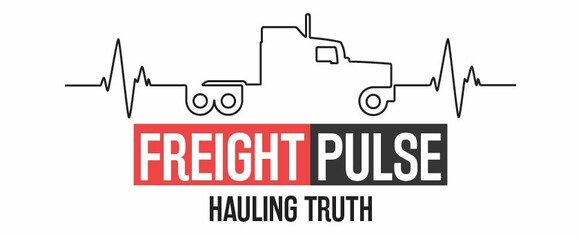Experts suggest adding diesel additives in fuel when the temperature drops bellow 32°F.
As the winter chill sets in, truck drivers brace themselves for the challenges of the cold season. When temperatures drop, paraffin (wax) in diesel fuel will gel, and water in the fuel can freeze, blocking fuel flow.. To ensure a smooth journey, it’s essential to equip your vehicle with the right diesel additives. Here’s a comprehensive guide to help you navigate through the world of diesel additives, ensuring your truck remains operational and efficient even in freezing temperatures.
Understanding the Importance of Diesel Additives
Diesel additives play a crucial role in maintaining the integrity of your fuel and preventing potential issues, especially during the winter. These additives are formulated to enhance the diesel’s performance, improve its cold-weather properties, and prevent it from turning into gel-like consistency that can clog fuel lines and filters. With the right additives, you can safeguard your truck against the adverse effects of low temperatures, ensuring a hassle-free journey even in the harshest of weather conditions.
Ideal Temperature for Using Diesel Additives
Diesel by its nature will start to cloud below freezing. Experts in the freight industry suggest incorporating diesel additives into your fuel when the temperature drops below 32°F (0°C). Being proactive in adding these supplements can significantly minimize the risks associated with fuel gelling, ensuring your truck’s optimal performance, even in the most frigid conditions.

Recognizing the Symptoms of Fuel Gelling
In cold weather, diesel fuel has a tendency to thicken and even turn into a gel-like substance, obstructing the fuel filters and ultimately stalling the engine. Some common signs that your fuel might be gelling include engine misfires, sluggish acceleration, and difficulties in starting the vehicle. These symptoms are early warnings that should prompt immediate action to prevent further damage and fuel gelling. In case it happens, make sure you have with you Power Service Diesel 9-1-1 (LINK TO THERE #) and follow the instructions.
Top Diesel Additive Brands for Winter
Howes
Howes is an American company that has been around since 1920, and all they do is diesel additives. They have a way of saying “YOU GO OR WE PAY THE TOW!”. Howes Diesel Anti-Gel & Fuel Conditioner is a preventive conditioner for fuel to prevent from gelling. You can find it in 64 Oz bottles and it treats for up to 320 gallons of diesel.

Power Service Diesel Fuel Supplement +CETANE BOOST
They call it “the white one”. Power Service Diesel Fuel Supplement is a reliable option for combating fuel gelling. This additive is known for its exceptional cold-weather protection and prevention of fuel line freeze-ups. Products from Power Service are endorsed by Cummins Inc.

Power Service Diesel 9-1-1
Another product from Power Service Diesel Additives, “the red one”. This is called Winter Rescue Formula and this bottle is used as De-icer. If you already are having some of the symptoms of clouded or gelled diesel like it can’t turn on, shuts off, losses power, smokes… the you should use Power Service Diesel 911. You can use it in combination with the “white bottle”.

Directions:
TO DE-ICE FROZEN FUEL-FILTERS: If fuel is liquid in fuel tanks but engine won’t start: Remove fuel-filters and fill with 50% Diesel 911 and 50% diesel fuel. Reinstall fuel-filters. Start engine. Add Power Service Diesel Fuel Supplement+ Cetane Boost as directed to prevent fuel gelling.
TO RELIQUEFY GELLED FUEL: Add entire contents (26 ounces) to each 40 gallons of fuel in the tanks. Remove fuel-filters and fill with 50% Diesel 911 and 50% diesel fuel. Reinstall fuel-filters. Start engine. Let engine idle to warm up fuel system. Add Power Service Diesel Fuel Supplement +Cetane Boost as directed to prevent fuel gelling.
TO REMOVE WATER AND PREVENT FUEL-FILTER ICING: Add entire contents (26 ounces) to 100 gallons of diesel fuel. For biodiesel blends, add entire contents (26 ounces) to 50 gallons of diesel fuel.
If yet again nothing helps and your truck is still not able to start, most likely your fuel filters or fuel lines are clogged and you might want to call nearest road service.

